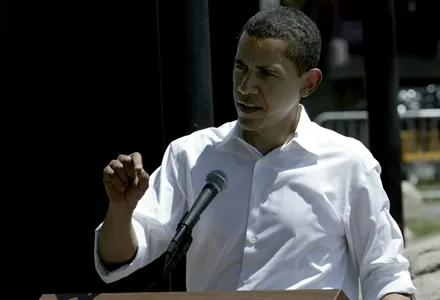Leading UK think-tank, The Social Market Foundation (SMF), argues in a new report, Roads to Recovery, that each citizen should be given a free, tradable share in the
road network worth over £1,500 (€1,700); road user charges should be introduced, and road tax abolished. The SMF claims the UK’s “creaking transport infrastructure” makes economic recovery harder, with congestion predicted to cost businesses and households an extra £22 billion a year by 2025.
July 3, 2012
Read time: 1 min
Leading UK think-tank, The 6078 Social Market Foundation (SMF), argues in a new report, Roads to Recovery, that each citizen should be given a free, tradable share in the road network worth over £1,500 (€1,700); road user charges should be introduced, and road tax abolished. The SMF claims the UK’s “creaking transport infrastructure” makes economic recovery harder, with congestion predicted to cost businesses and households an extra £22 billion a year by 2025.
“Road user charging is the policy solution but is understandably unpopular with voters because politicians see it as a way to raise more tax,” says the report. The SMF says its plans would see any profits from
road charging, or the sale of road shares, going to shareholders (the people) rather than into Treasury coffers.
Ian Mulheirn, co-author of the report and director of the SMF, said: “Road charging means that people pay for what they use, including foreign hauliers who currently pay nothing at all.”
“Road user charging is the policy solution but is understandably unpopular with voters because politicians see it as a way to raise more tax,” says the report. The SMF says its plans would see any profits from
road charging, or the sale of road shares, going to shareholders (the people) rather than into Treasury coffers.
Ian Mulheirn, co-author of the report and director of the SMF, said: “Road charging means that people pay for what they use, including foreign hauliers who currently pay nothing at all.”







